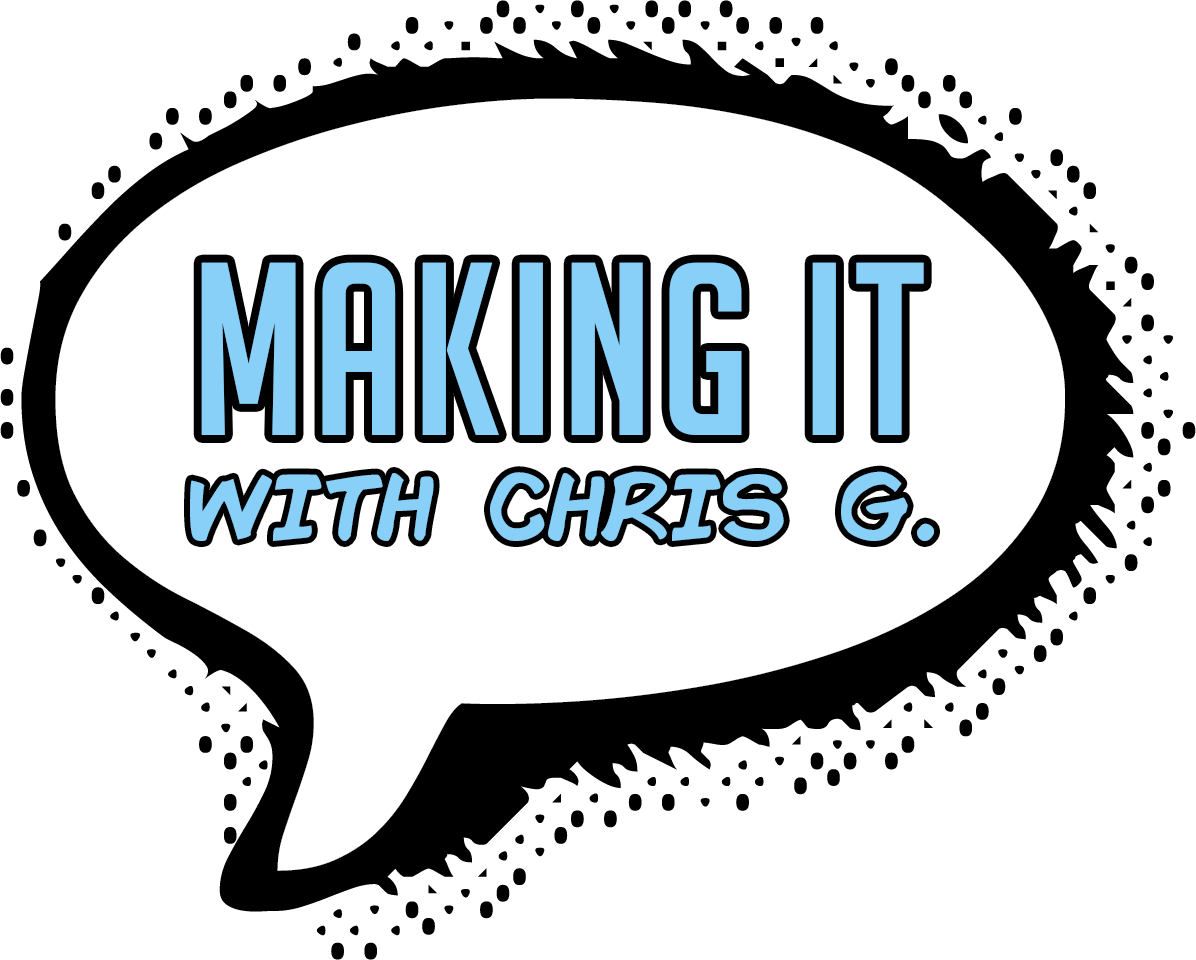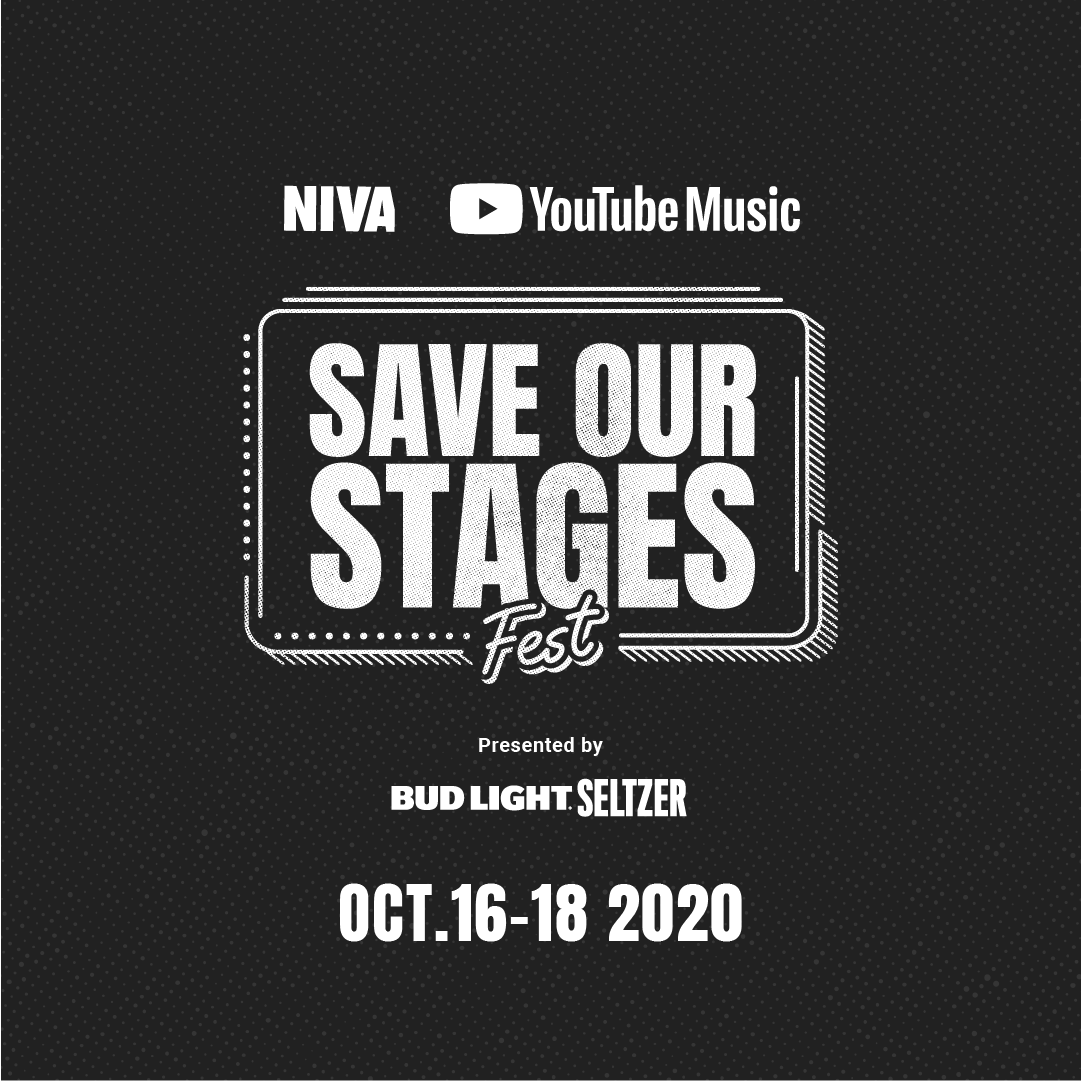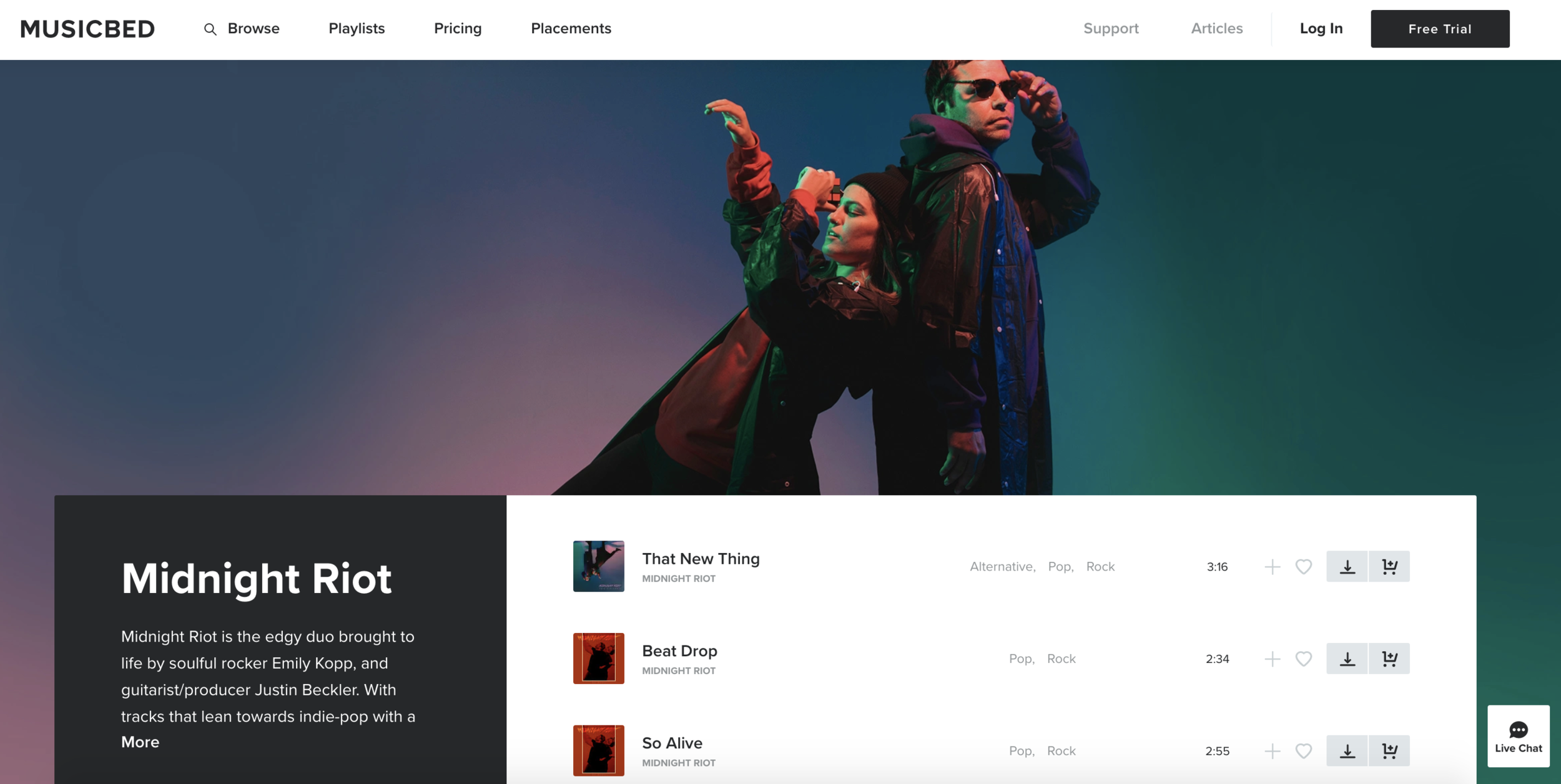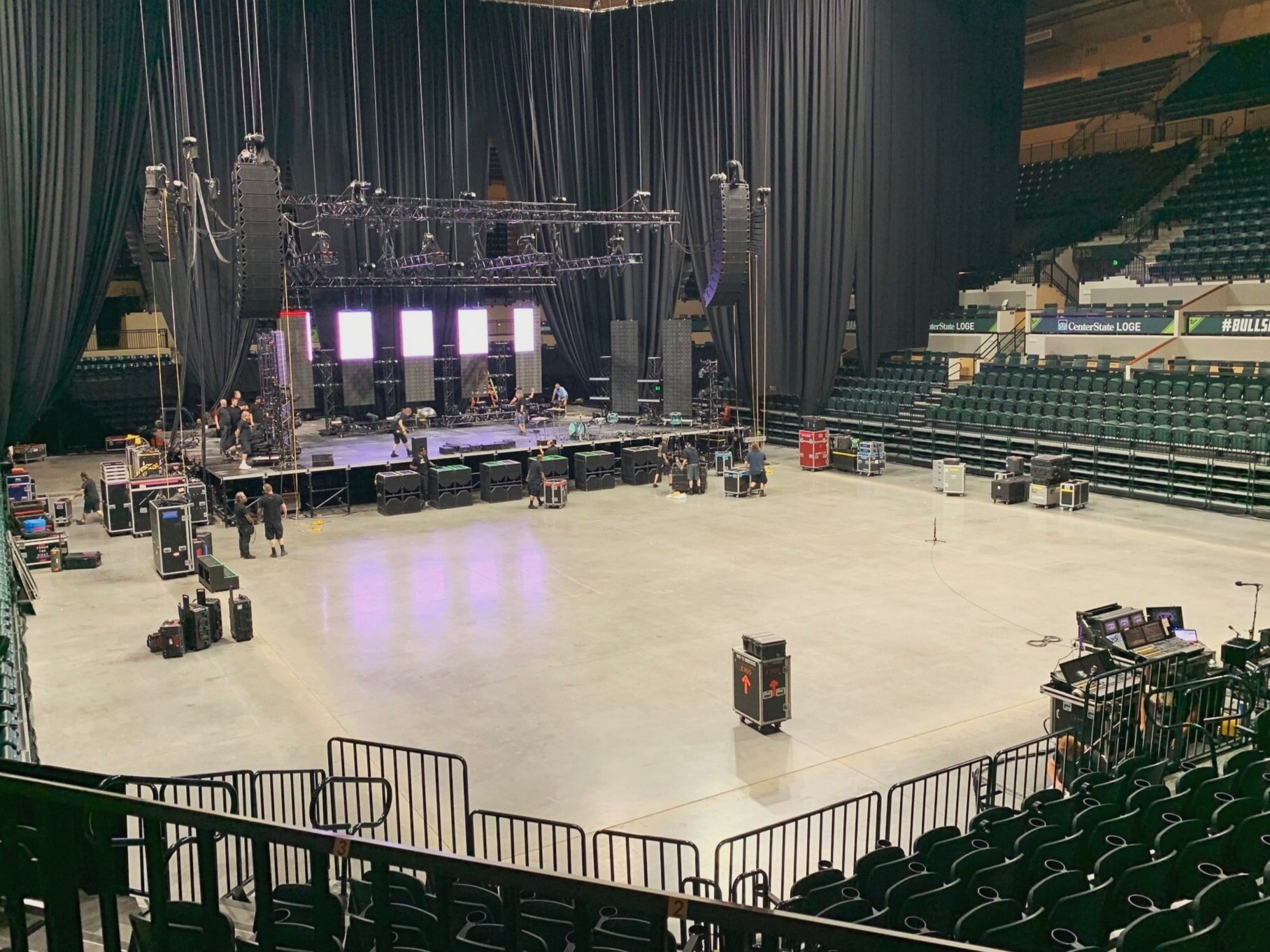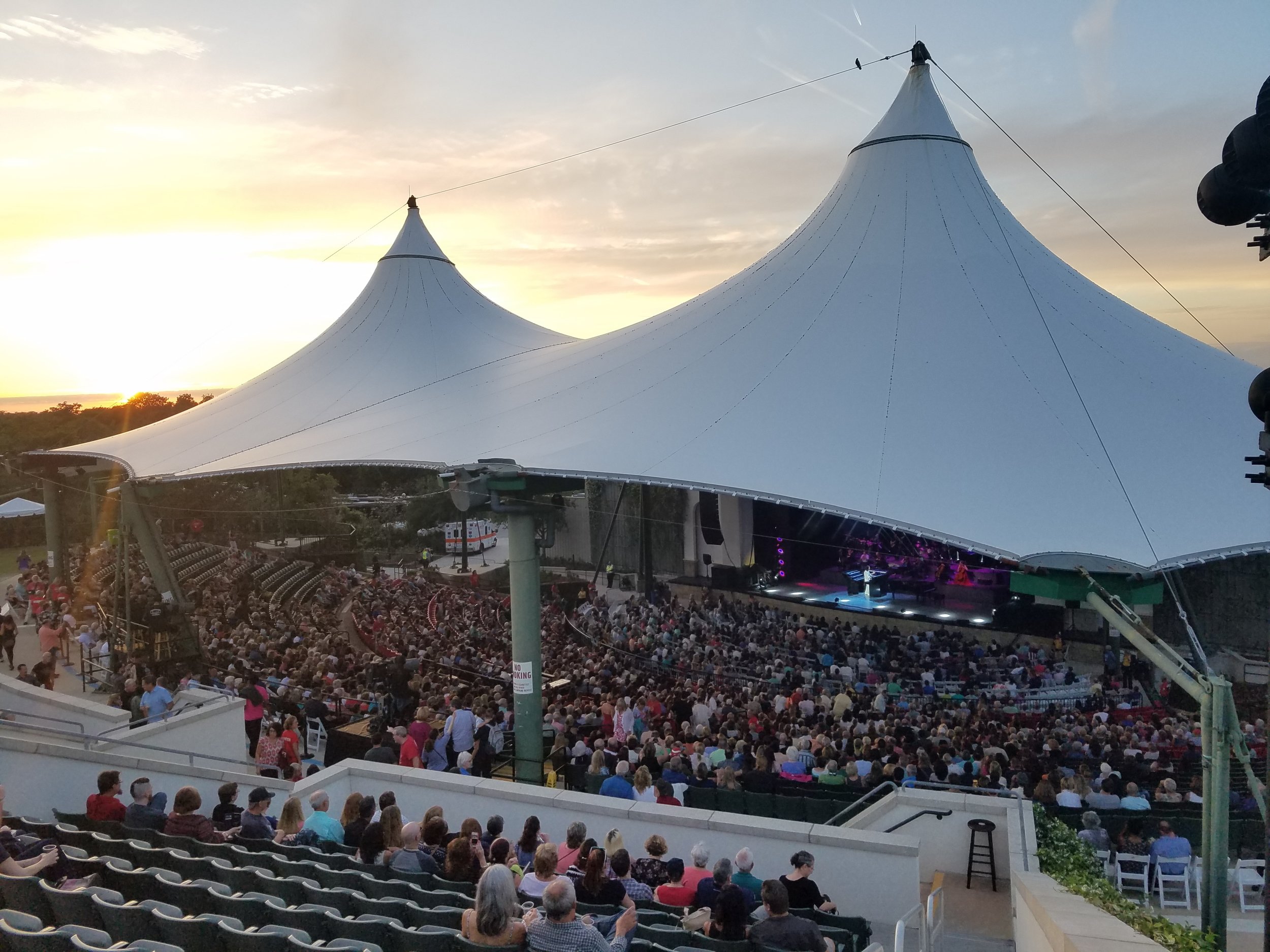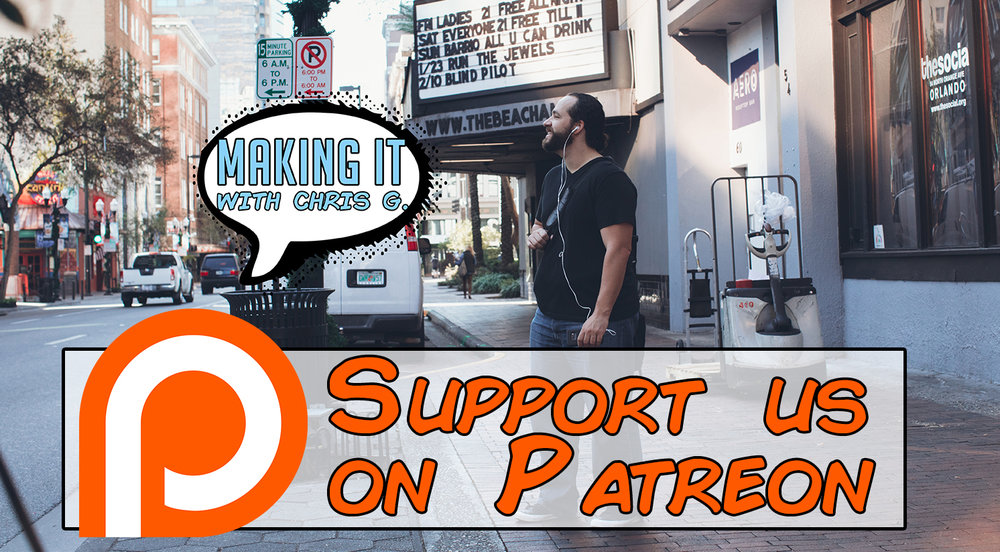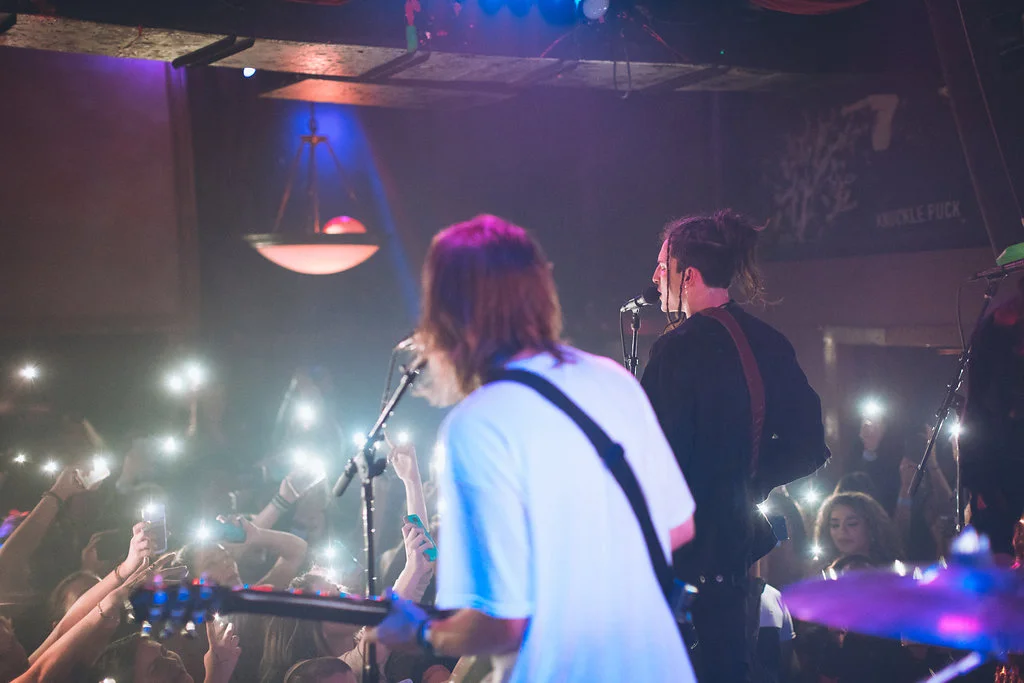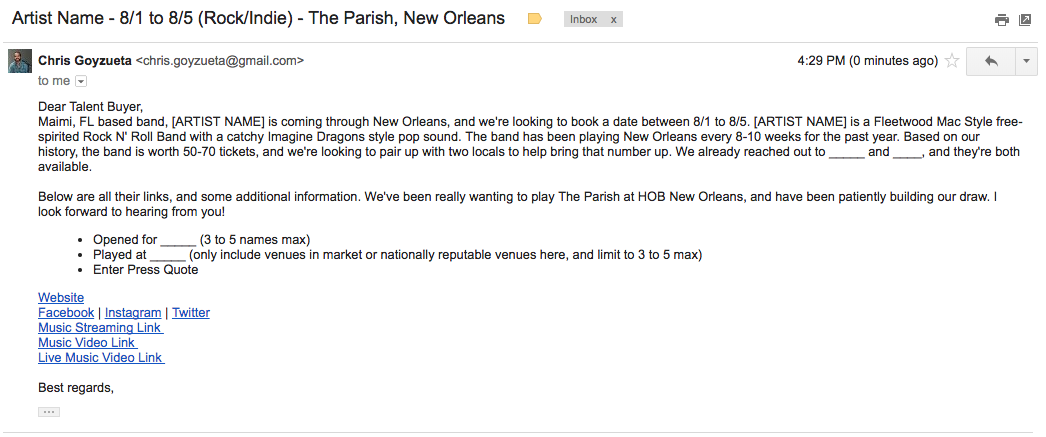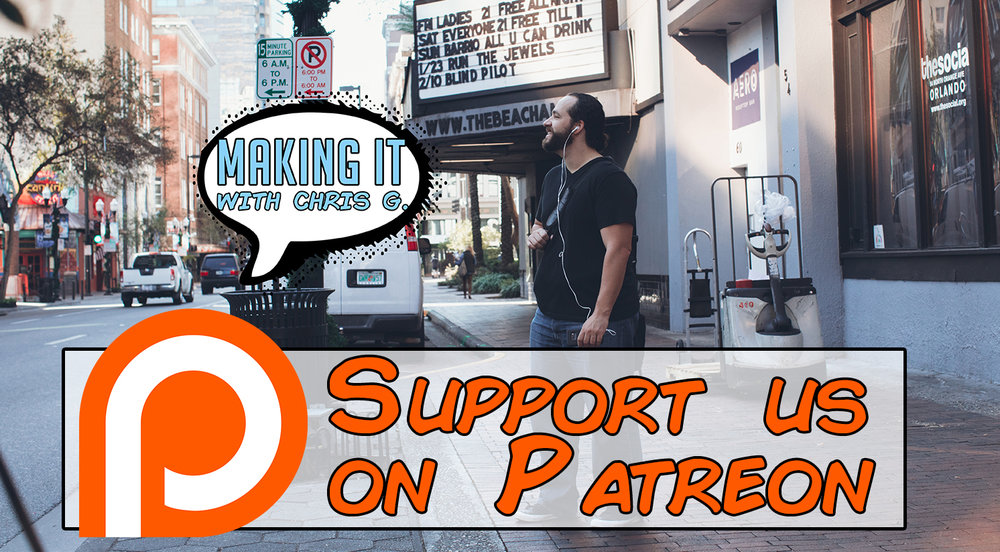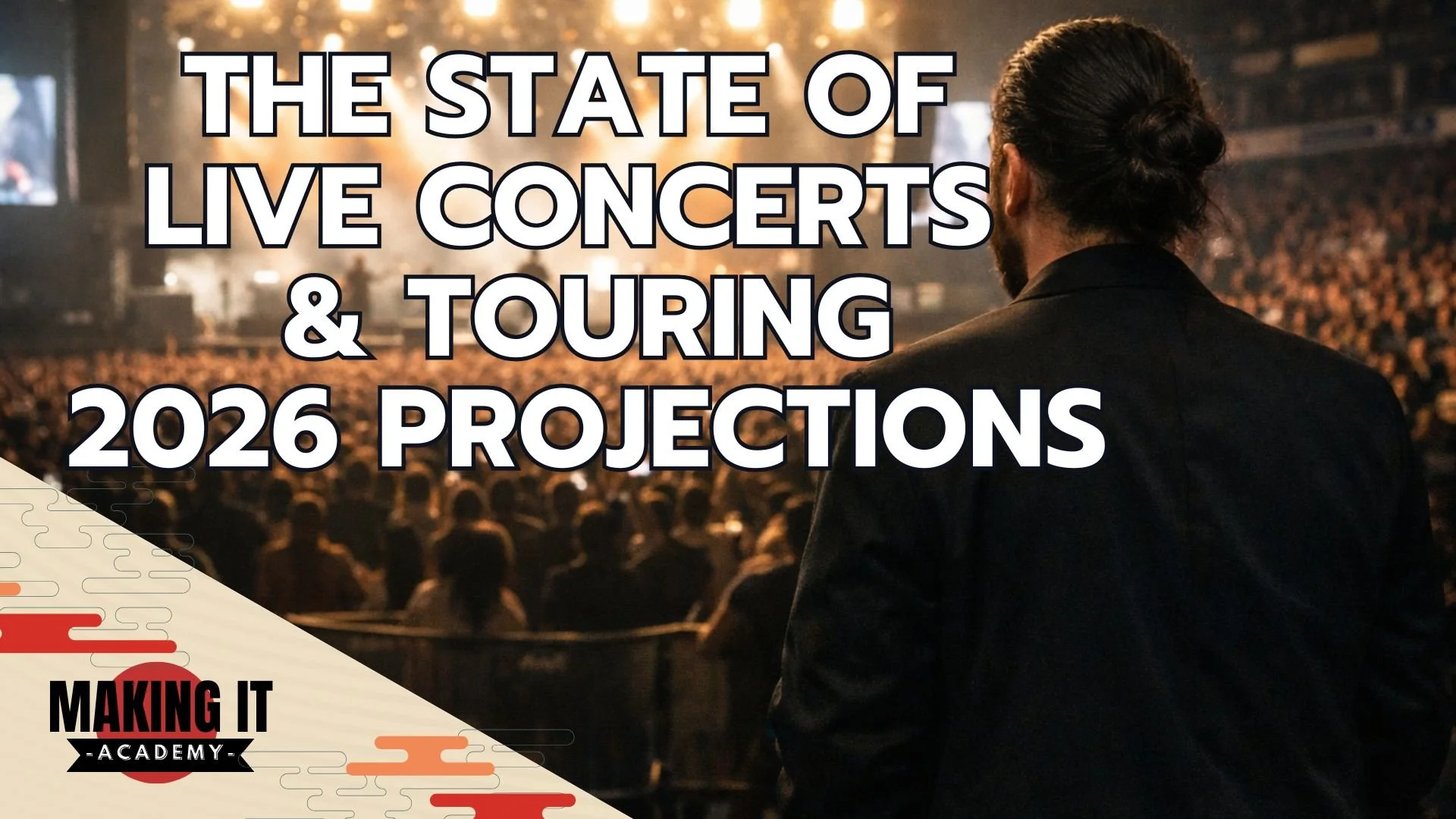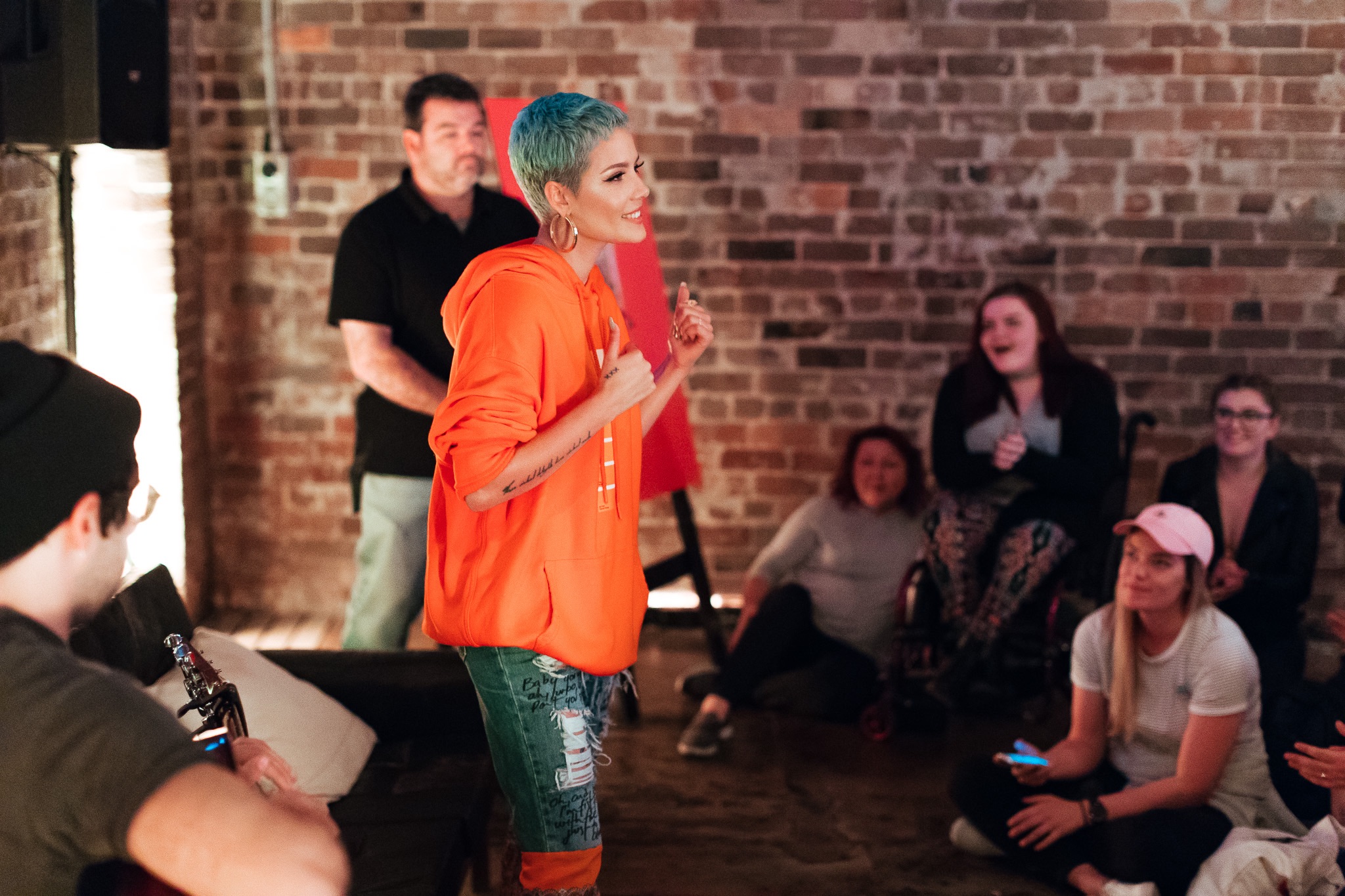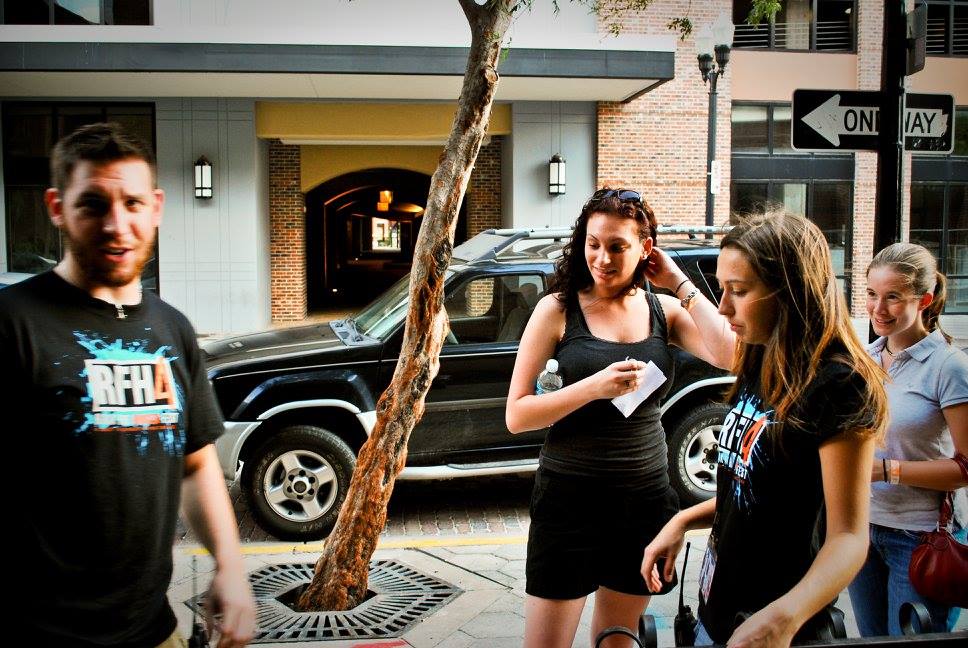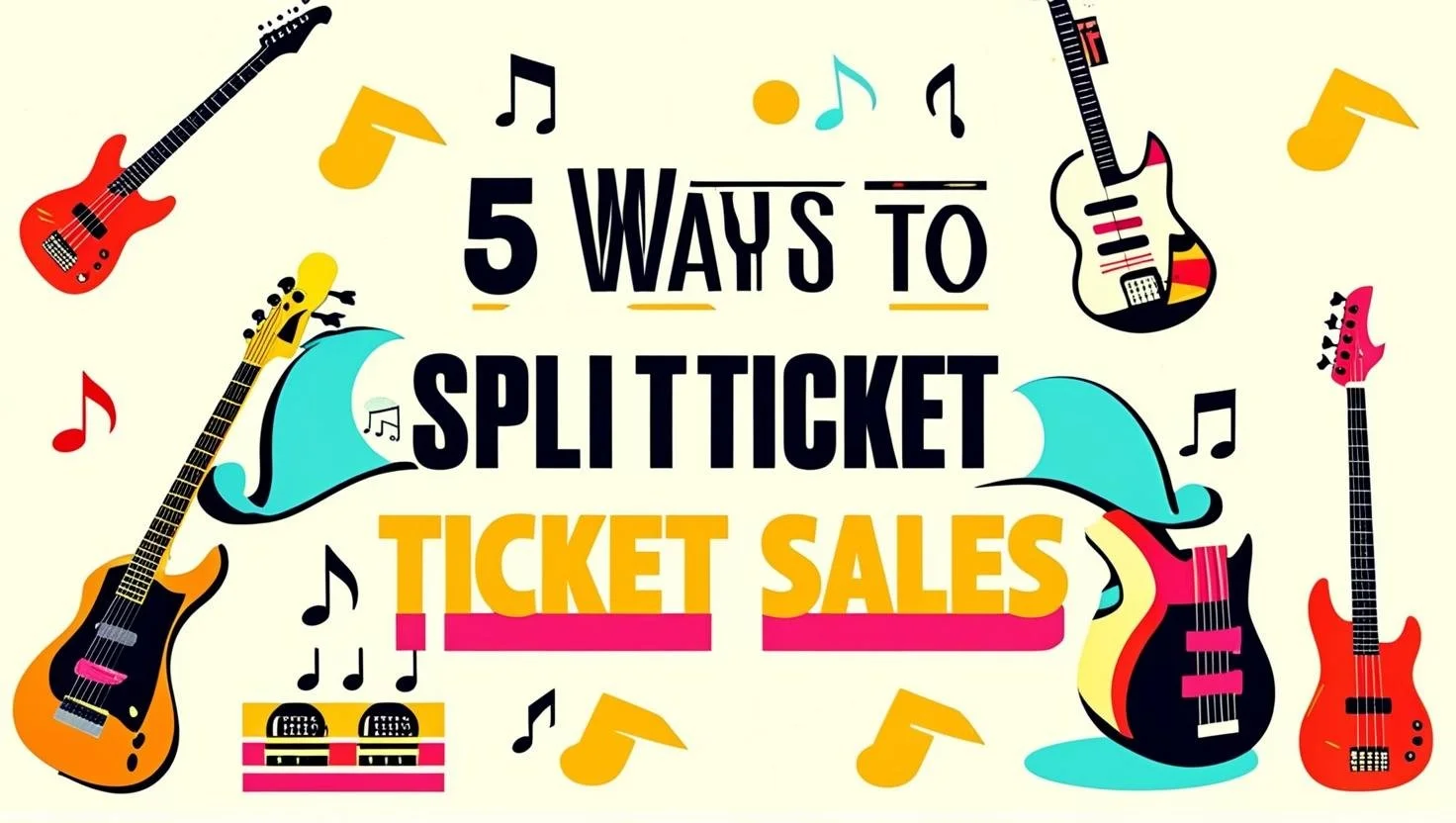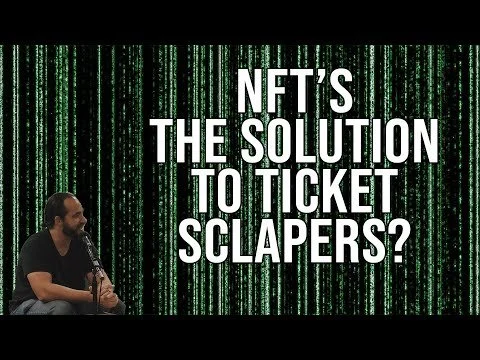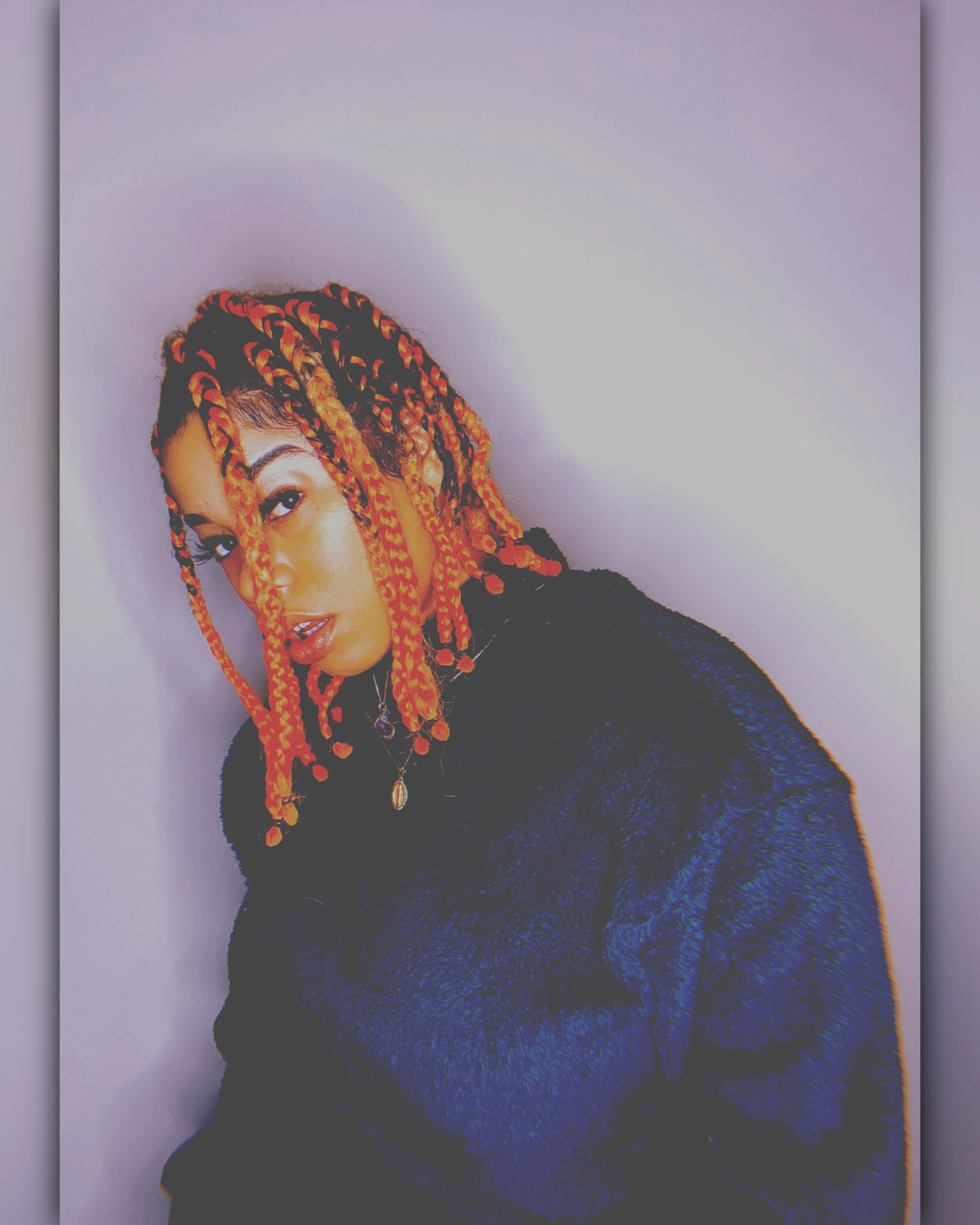One of my favorite things to do is listening to podcasts. These literally fill a lot of my NET time. Basically, the time in between projects, meetings, family time, and so on. Most of this time is while I’m driving, at the gym, walking the dog, or running errands. Most of what I listen to has to do with the music business, marketing, investing, or pro wrestling. Yes, that was not a typo, pro wrestling, like WWE. When listening to music business or marketing podcasts, I like to glean as many tips and info as possible and combine that with my experience to create lectures, podcast ideas, and blog ideas.
I spend a ton of time driving. From 2014 to 2016, I drove from Orlando to New Orleans at least once a month. That’s 10-hours each way, and with my job with AEG Presents from 2018 to 2020 (and present), I spend a ton of time traveling the state of Florida to cover shows. I average about 2,000 to 4,000 miles of driving per month. That’s a lot of time listening to podcasts, and a lot of time figuring out what’s for me and what’s not, and what I want to use as content for my music business courses, podcast, or blog. There is an endless amount of podcasts and I’m sure I haven’t even come close to discovering all the music industry podcasts or marketing podcasts out there. Definitely, please feel free to add a comment with your favorite music business and marketing podcasts, and maybe we’ll add them to the list for 2021. But until then, here are the Music Business and Marketing podcasts, that I feel offer the most value to your journey in navigating the music industry.
Music Business Podcasts
Creative Juice
If you are pursuing a career in the music industry, as an aspiring artist, promoter, manager, or working for a label, you need to become an expert in marketing. Regardless of what area in the business you are in, marketing is always something useful to have part of your repertoire. Creative Juice with Circa and the Indepreneur team focuses mostly on the creative marketing side for musicians and artists. Circa has done an amazing job of being endlessly curious and passionate about what works in marketing. He’s a true student of all things marketing, and what works for the most highly effective entrepreneurs and businesses and has transformed this information into useful tips and strategies for musicians.
The Bob Lefsetz Podcast
Bob Lefsetz is a legend in the music business! He’s the author of the Lefsetz Letter, which has been a staple in the music industry for over 25 years. Bob is known for bluntly being honest and sharing the truths of the music business. The letter is a definite must to subscribe to for some deep thoughts about the industry. In 2017, he launched The Bob Lefsetz Podcast, which features long-format interviews with leaders in the industry from managers to label execs, musicians, and much more. One of my personal favorite episodes is with Adam Alpert, who manages The Chainsmokers. Bob goes really deep into their backstory and is not afraid to challenge his guests and keep them honest. Great podcast to become well rounded about the entire industry.
DIY Musician Podcast
DIY Musicians is CD Baby podcast is hosted by CD Baby’s, Kevin Breuner and Chris Bolton. They both are musicians, who are filled with curiosity about how artists can succeed in their careers. One of the major plusses for the show is that they are both musicians too, which helps them ask all the right questions, and gives them the ability to drag out the information their audience wants to hear. They have a great combo of guests, Q&A episodes with questions from callers of their audience, episodes where the two of them dive deep and give personal examples and examples from artists who work with CD Baby, and episodes from guest speakers at their CD Baby DIY Musicians Conferences. This podcast offers a lot of great variety, and teachers musicians many different ways to be successful in their music career.
Music Industry Blueprint with Rick Barker
Rick Barker is the former Artist Manager for Taylor Swift. He was her manager at the early stages and foundation of her career. One of my favorite parts of the way he approaches the music industry is one of the stories he always tells about working with Taylor. When she told him she wanted a Gold album, his response was “then let’s go meet 500,000 people,” and that’s how her deep connection with her fans began. His podcast, is full of golden nuggets of quick tips and strategies, along with some interviews mixed in the change things up. He also manages and mentors artists from around the world. Rick Barker is like Gary Vee of the Music Business.
When Life Hands You Lennons
This podcast is hosted and founded by Lennon Cihak, who has been a guest on Making It with Chris G. Lennon is another true student of the game and a young rising star in the DIY music world. He has written for several music blogs and knows the ins and outs of a good PR pitch. In 2019, he started working with Ari Herstand, author of How to Make It in the New Music Business and the popular DIY Musician blog, Ari’s Take. When Life Hands You Lennons, features guests from all different walks of life in the music industry, and Lennon does a great job dissecting new never been told before stories by his guests.
Song Exploder
This podcast is a staple in the music industry. They feature specific songs by artists and get broken down by the artist from how the song started to take shape to its final version that was released to the public. They show lots of different stages of the songs and the stories behind the songs. These are fun and quick episodes, great for writers and creatives, or anyone that’s curious about how these songs came to life.
And the Writer Is…
Hosted and founded by songwriter and producer, Ross Golan, who has written hits for artists such as Selena Gomez, Flo Rida, Lady Antebellum, Ariana Grande, Celine Dion, Justin Bieber, Nicki Minaj, Keith Urban, Maroon 5, and many more. This podcast features another side of the music industry, which are the songwriters and producers behind the hits we hear on the radio. This podcast is full of great information on how these amazing songwriters got started, the countless hours they’ve spent producing and writing, and how they got their big breaks. Ross does a really great job navigating their journey from childhood to where they are today and is a big advocate for rights for songwriters.
Promoter 101
At Promoter 101, they feature the stories behind the promoters, venues, agents, and many others working behind the scenes of the music business. This podcast is mostly focused on the live concert side of the industry. Sadly this music industry podcast had its last episode in November of 2019, with a couple of fun ones they released in December 2019. However, there is a massive backlog of 200 episodes full of amazing guests and legends who have booked concerts for many decades and around the world.
Marketing Podcasts
As I mentioned with Creative Juice, to be successful in the music industry, as a musician, or as an entrepreneur, you have to become a great marketer. These are a few of my favorite marketing podcasts.
Social Media Marketing with Michael Stelzner
In a world, where social media is the most powerful form for content and marketing, this is hands down the best and most current podcast on all things social media and digital marketing. Their blog, Social Media Examiner, is another amazing resource of information on all things social media and online marketing. They host the biggest conference in social media, which is Social Media Marketing World. The host, Michael Stelzner is one of my favorite interviewers. He does a great job keeping a very specific focus with his guests and these episodes are like mini 30 to 45-minute seminars on various topics such as how to get more Instagram Followers, to getting more YouTube Views, to converting social media engagement into sales.
Online Marketing Made Easy with Amy Porterfield
If you’re trying to make money online and build a following for your online business, Amy Porterfield is one of the guru’s that’ll teach you how to get there. Here you will learn endless amounts of creative ways to build an online business. Amy has a variety of episodes from solo episodes where she dives deep into a specific topic, too many amazing interviews. Every artist is a business, most artists make their money or promote their business online, and therefore, every artist should listen to Amy Porterfield.
The GaryVee Audio Experience
If you listen to my podcast, it’s time to take a drink! I mention Gary Vee in most episodes and consider him one of my marketing mentors. I’ve never met Gary Vee, but I learn so much from this podcast and his books. Gary Vee is the king of releasing content and puts out a podcast episode every day. These range from interviews with entrepreneurs, social media influencers, and celebrities, to behind the scenes in the life of Gary Vee to episodes of his guest speaking talks, and much more.
I Love Marketing
Two of the greatest marketing minds, Dean Jackson and Joe Polish, lead you into the world-wide community of people that love marketing. Dean and Joe have been interviewing and talking to marketing leaders for over 15 years. This is a really great podcast that touches on all things marketing, and one where you’ll learn a lot of outside of the box ways of thinking about marketing. I haven’t seen a new episode for this podcast since December 2019, but the backlog for this podcast is endlessly full of amazing marketing wisdom, philosophy, and strategies.
More Cheese Less Whiskers
This podcast is hosted by Dean Jackson from I Love Marketing. Each week Dean features a business owner, and it’s like being a fly on the wall for a real-life marketing consulting session. He walks his guests through creative ideas on how to build their business and generate revenue. Here you’ll learn so many creative and different ways to look at marketing. It’s easy to spend money on advertising, but it takes a lot of creativity and trial and error to become a great marketer. The great thing about this podcast, you’ll hear ordinary people like you and me, with very normal business, but the explore strategies and methods of how to stand out from the rest in their market.
BONUS
Bigger Pockets Money
One more bonus podcast. One of the biggest excuses we all make is that we don’t have enough money. The best thing I’ve ever done for my career is learning how to invest. As of early 2020, I’m still at the infant stages of my investing career. However, in 2019, I carried in lots of debt and never haven’t been debt-free since I was 18 and have never invested any of my money. Today I have a small emergency fund, nothing worth bragging about, but enough to get me through 3-months without work. I hope to build that to a one-year emergency fund and get to a point where my investments are buying my investments. This podcast by Bigger Pockets has helped me take giant leaps in my investing journey. Bigger Podcasts core is Real Estate investing, but their money podcast features all kinds of guests from all different walks of life, that have been able to retire young or take 6-month to one-year sabbaticals from their working career to enjoy life and explore the world. This podcast will teach you how to stop using not having enough money as an excuse to promote your career, build your business, and do the things that bring you the most joy in your life.
As I mentioned. I’d love to hear from you what your favorite Music Business and/or marketing podcasts are in the comments below. Also, I would be super thankful if you take a few seconds and leave our podcast a rating and review here on Apple Podcasts. Thank you!!
